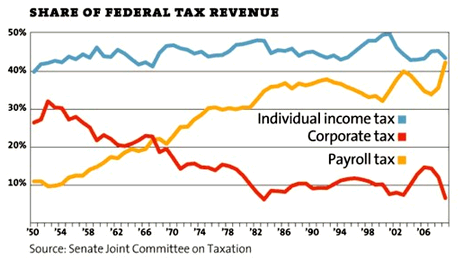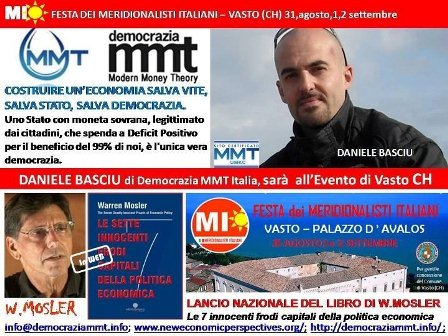This is very serious.
And if Turkey intervenes and topples the regime it may be a case of out of the frying pan and into the fire.
Turkey Masses Troops on Syrian Border; Syria Slams Turkey
By Selcan Hacaoglu
October 9 (Bloomberg) — Turkey’s top general inspected newly deployed units on the Syrian border Tuesday following six days of firing by Turkish batteries against President Bashar al-Assad’s forces.
Turkey has deployed additional tanks, howitzers, and missile defense systems on the border since a Syrian artillery shell killed five people in the town of Akcakale on Oct. 3, prompting parliament to give the government a one-year mandate to send forces into Syria if necessary.
General Necdet Ozel, chief of the general staff, today inspected troops in Hatay province, which was hit by seven artillery shells or mortar rounds in the past week, state-run TRT television said.
General Hayri Kivrikoglu, chief of the land forces, accompanied Ozel along with several other senior officers, the state-run Anatolia agency said. Ozel will inspect troops in Akcakale tomorrow, TRT television said.
Tensions between the two countries have risen during the 19-month rebellion against Assad’s government, with Turkey offering support to the rebels.
These worsened in June, when Syria shot down a Turkish warplane it said was in its airspace and on Oct. 3, when the Syrian shell fired over the border killed two women and three children in Akcakale, triggering the cross-border exchanges.
Foreign Minister Ahmet Davutoglu told state-run television on Oct. 6 that Syrian Vice President Farouk al-Sharaa hadn’t taken part in massacres and could serve as interim leader if Assad leaves office.
‘Confusion, Blundering’
Syria’s Information Minister Omran al-Zoubi said yesterday that Davutoglu’s remarks reflect “obvious political and diplomatic confusion and blundering,” Syria’s state-run SANA news agency said.
“Turkey isn’t the Ottoman Sultanate; the Turkish Foreign Ministry doesn’t name custodians in Damascus, Mecca, Cairo, and Jerusalem,” he said.
Syrian forces have continued firing at rebels along the border even though Turkey has responded to artillery shells or mortars landing inside its territory.
At least 27 schools along the border areas in Akcakale remain closed due to fears they could be hit by an errant shell, Anatolia said today.
The two countries share a 911-kilometer (566 miles) border. Turkey, a member of NATO, has a 720,000-strong military, the second-largest army within the alliance.
Deputy Prime Minister Bulent Arinc said late yesterday that although Turkey has no intention to go to war with Syria, it is determined to use the mandate if needed.
‘Solid Ground’
“Concerning Syria, primarily in the face of international law, Turkey will continue to walk on solid ground,” Anatolia quoted Deputy Prime Minister Ali Babacan as saying during a news conference today.
Turkey shelters nearly 100,000 Syrian refugees in 15 camps along the frontier. Syria says Turkey lets rebels use the camps as a safe haven.
More than 30,000 people have died in Syria since the rebellion against Assad began in March 2011, according to the British-based Syrian Observatory for Human Rights.
The Local Coordination Committees in Syria said 31 people have died so far today, including 28 in Damascus and its suburbs.


